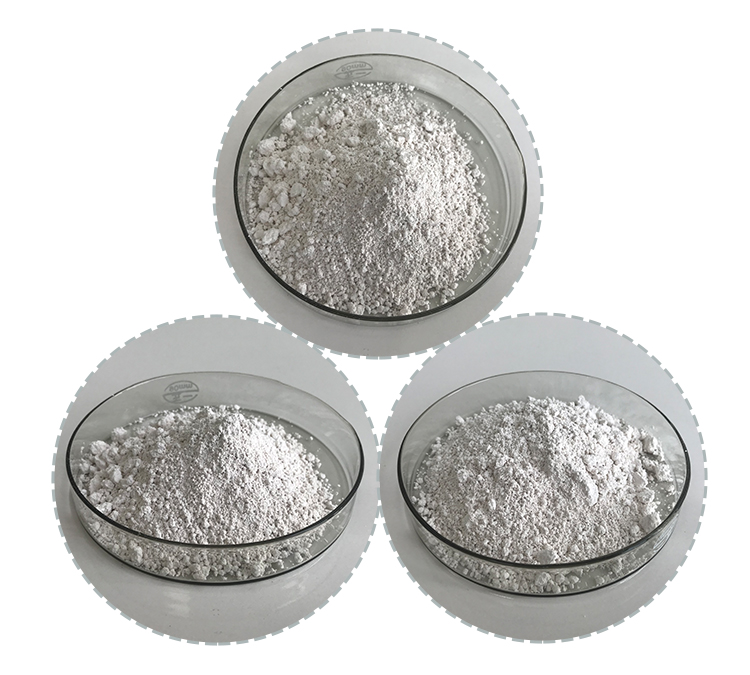Fenbendazole is an anthelmintic drug used to treat various parasitic infections in animals, including dogs, cats, horses, livestock, and sometimes even in humans for certain conditions. It’s important to note that I am not a veterinarian or a medical professional, so you should always consult with a healthcare professional or a veterinarian for specific advice regarding the use of fenbendazole for your particular situation. Here is some general information:
Effectiveness of Fenbendazole:
Broad-Spectrum Anthelmintic: Fenbendazole is effective against a wide range of parasites, including roundworms, hookworms, whipworms, and certain types of tapeworms.
Mode of Action: It works by disrupting the metabolism of parasites, inhibiting their ability to absorb nutrients. This leads to the death of the parasites.
Multiple Species: Fenbendazole is used in various animals, and its effectiveness may vary between species.

Side Effects of Fenbendazole:
Generally Well-Tolerated: Fenbendazole is generally considered safe when used according to the prescribed dosage. Most animals tolerate it well.
Potential Side Effects: Some animals may experience mild side effects such as vomiting, diarrhea, or lethargy. These symptoms are usually transient and resolve on their own.
Allergic Reactions: In rare cases, animals may exhibit signs of an allergic reaction, including difficulty breathing, swelling of the face, lips, or tongue. Seek immediate veterinary attention if such reactions occur.
Special Precautions of Fenbendazole:
Pregnancy and Lactation: It is important to exercise caution when using fenbendazole in pregnant or lactating animals. Consult with a veterinarian to assess the risks and benefits.
Dosage Accuracy: Follow the prescribed dosage carefully. Overdosing can lead to toxicity and adverse effects.

Interaction with Other Medications: Inform your veterinarian about any other medications or supplements your pet is taking, as fenbendazole may interact with certain drugs.
Regular Veterinary Check-ups: Regular veterinary check-ups are essential to monitor the effectiveness of the treatment and check for any potential side effects.
Human Use: While fenbendazole is primarily used in veterinary medicine, there have been anecdotal reports of its use in humans, particularly in alternative cancer treatments. However, the safety and efficacy of fenbendazole in humans are not well-established, and self-medication without medical supervision is not recommended.
Always consult with a veterinarian for specific advice based on your pet’s health condition, age, and any other relevant factors. They can provide accurate information tailored to your situation.
